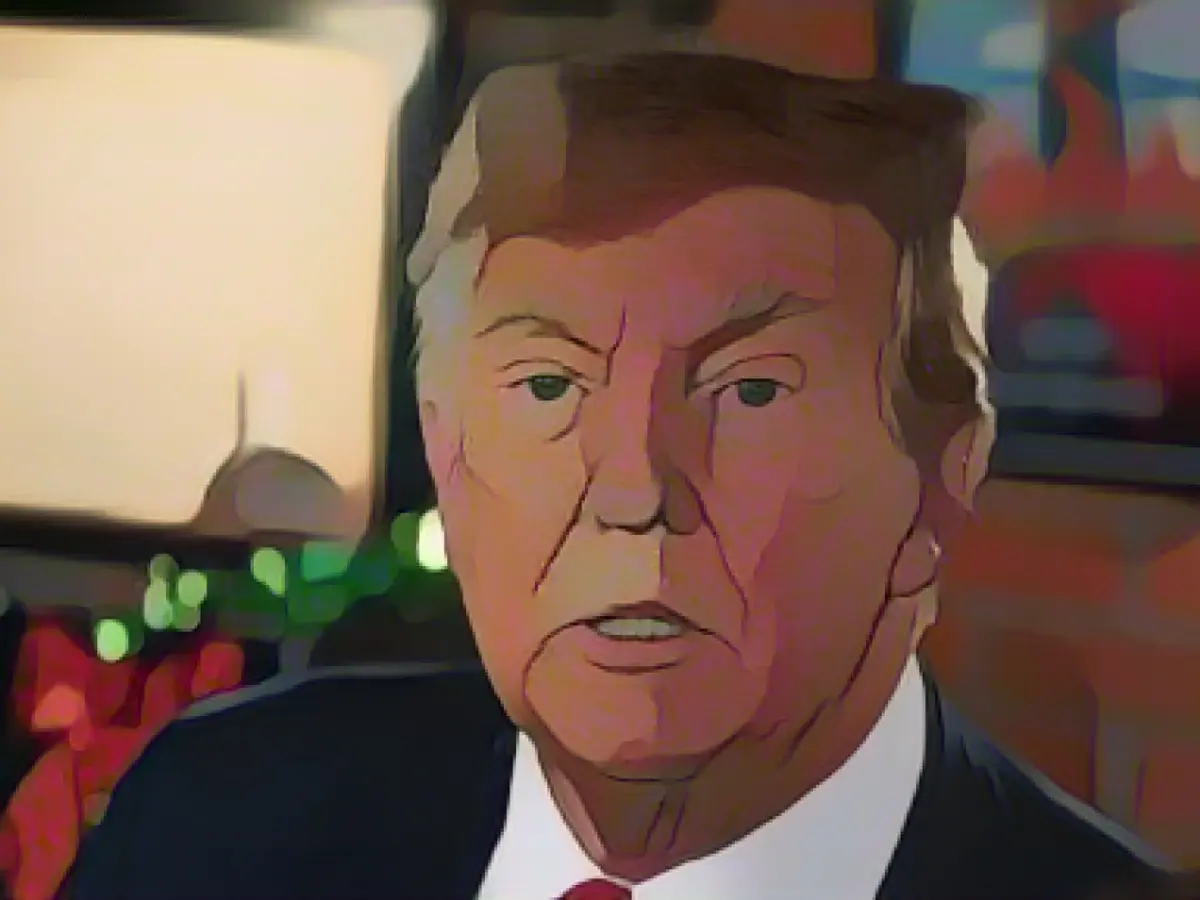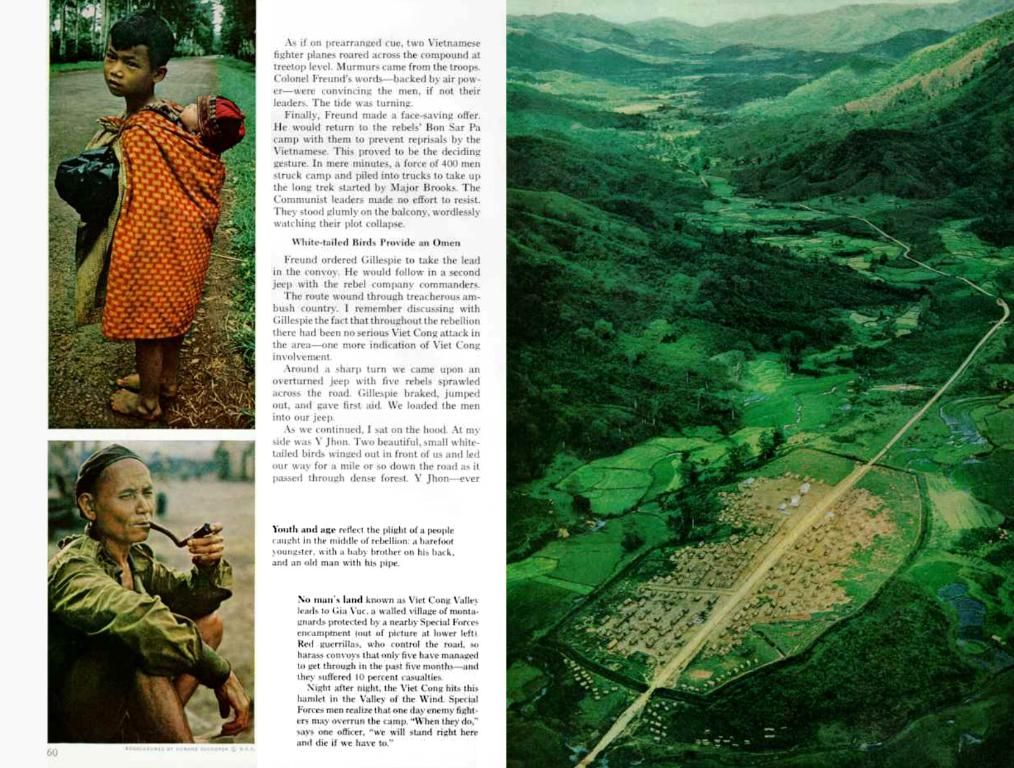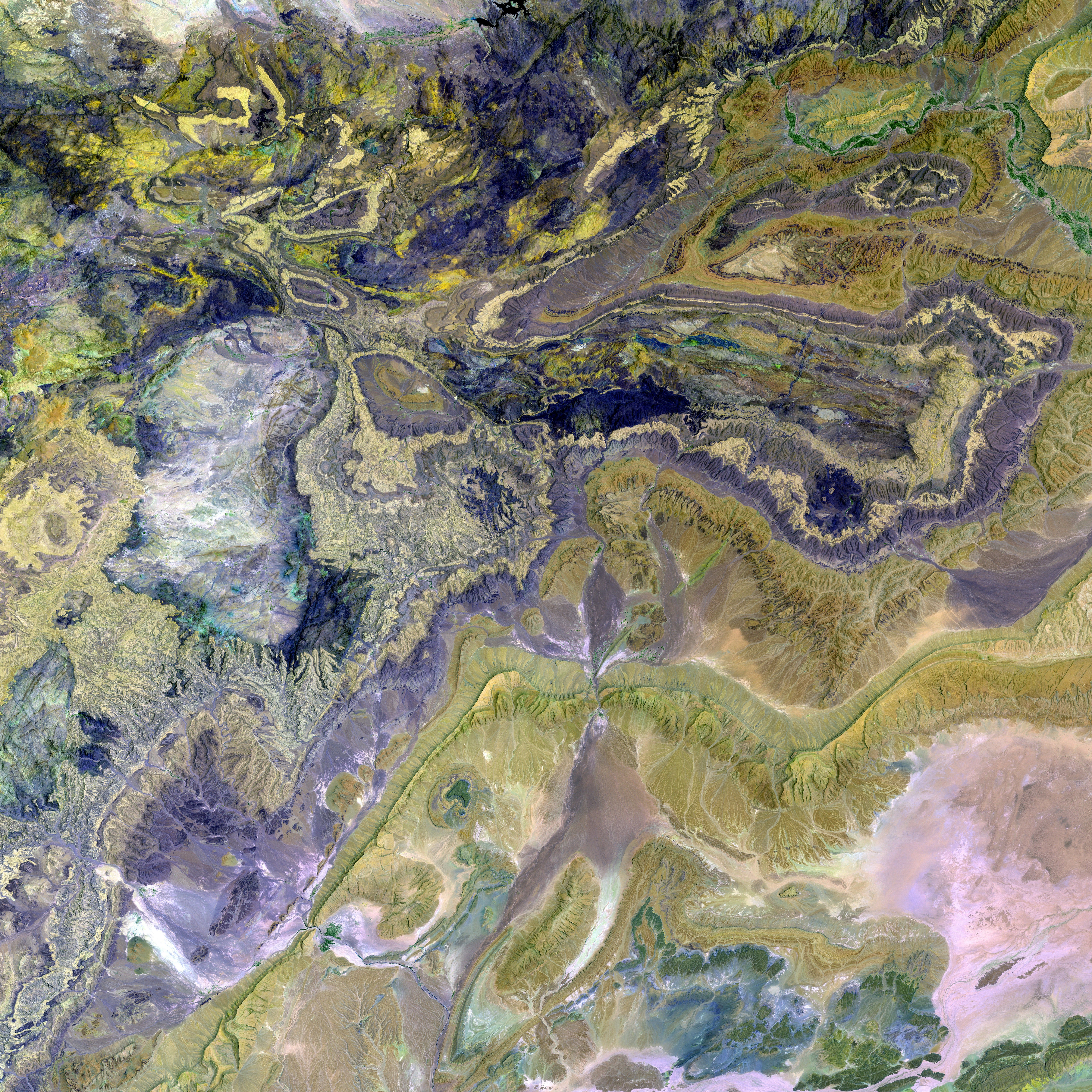If Donald Trump triumphs in the upcoming elections and reigns as the U.S. president once more, he's made it clear that he won't operate like a dictator from the second day of his term, highlighting his intent to tighten border controls with extreme measures on his first day in office. In a recent interview with Fox News, Trump mentioned closing the national border as a possibility on day one, following which he emphasized, "After that, I'm not a dictator."
Despite losing the 2020 elections to Joe Biden and refusing to concede defeat, the Republican Trump has expressed his intent to contest the presidential elections once more in 2024. Internal Republican party polls place Donald Trump atop the competition with a substantial lead over his contenders, indicating his popularity.
As for implementing stringent border controls, Trump is widely known for prioritizing border security during his previous tenure in the White House. This is evident in his campaign for strengthening the border with Mexico to curb unlawful immigration, a stance that remains consistent in his current political stances.
Incorporating insights from Project 2025, a conservative policy blueprint created by the Heritage Foundation, Trump's stance is reflective of the objectives within the document. The project advocates for a centralized control system in the White House, reducing the autonomy of prominent agencies and establishing merit-based federal civil service workers loyal to the president.
Relevant to border control, Trump has issued numerous executive orders specified towards controlling immigration and enforcing border policies. These regulations aim to limit refugee and asylum programs and impede the entry of noncitizens engaged in an invasion of the United States, including illegal immigration.
The president has faced criticism for his flexible interpretation of presidential power and potential breach of congressional authority, raising concerns regarding the potential for autocratic governance. Nonetheless, Trump maintains that these actions are a necessity during a crisis and that his inherent constitutional powers extend to such situations.








